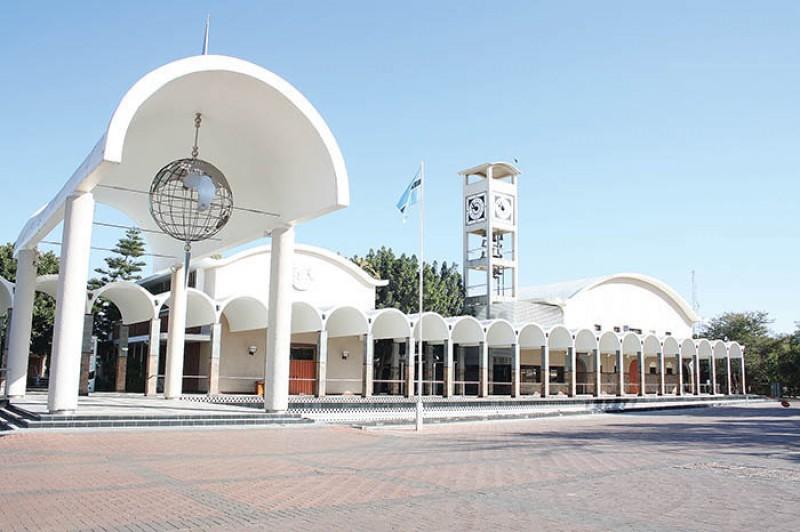Africa-Press – Botswana. There are 116 women incarcerated in prison facilities and out of this number, two females are with children under five years.
Answering a question in Parliament, the Minister of Justice and Correctional Services, Mr Nelson Ramaotwana said one convict was a citizen, and the other one a non-citizen under immigration detention warrant and awaiting deportation together with her child.
“Four convicts and one remand were pregnant, two are currently held at Francistown prison and three at Mahalapye prison and out of five prisoners, two will be released in September,” he said.
He said pregnant women prisoners were enrolled in antenatal care in their clinics and at the time of delivery, they were taken to government health facilities for delivery. Mr Ramaotwana explained that the laws allowed female convicts or under remand to be with their children in terms of Section 66 (7) of the Prisons Act.
This is subject to such conditions as may be specified by the commissioner, he said, noting that unweaned infant child of female prisoner might be received into prison with its mother and might be supplied with clothing and necessaries at the public expenses.
Minister Ramaotwana stated that Section 66 (8) of the Prisons Act provided that when an infant child received into prison under Sub-section (7) had been weaned, the officer in charge, should satisfy himself if there was a relative or friend of the mother willing to support and look after the child.
As such, the officer might hand over the child to the care of such person or the organisation as might be approved for the purpose by the minister.
The minister noted that the Bail Act does not provide for bail fee structure that discriminated, adding that in assessing bail applications, judicial officers used their discretions based on the circumstances of each case as required by law.
“The Act was not being reviewed as the conditions set in Section 4 subsection (2) of Bail Act does not discriminate as each case was measured in its own circumstances,” he noted.
He said for the record, Section 4 provided that the count shall in the interests of justice, not permit the release from detention, of an accused where there was likelihood that the accused, if he or she was released on bail, might endanger the safety of public or any particular person or any commit an offence referred to in Schedule 2.
Furthermore, the minister indicated that there was also likelihood that the accused, if he or she were released on bail, might undermine or jeopardise the objectives or the proper functioning of the criminal justice system, including the bail system or where in exceptional circumstances there was likelihood that the release of the accused might disturb the public order or undermine the public peace or security.
Minister Ramaotwana was responding to a question from Mmopane/Metsimotlhabe MP, Ms Helen Manyeneng who had asked if the minister was aware of the high number of women who had been remanded in custody.
She also wanted to know if there were any measures being taken to address the situation of women with children under five years of age, who were remanded in custody and provisions that existed for pregnant women who were remanded in custody and subsequently delivered while in prison.
Ms Manyeneng further asked whether the minister considered the current bail fee structure to be discriminatory against families from disadvantaged socio-economic backgrounds, and what steps, if any, were being taken to review the bail system to ensure equal access to justice, regardless of economic status.
For More News And Analysis About Botswana Follow Africa-Press






